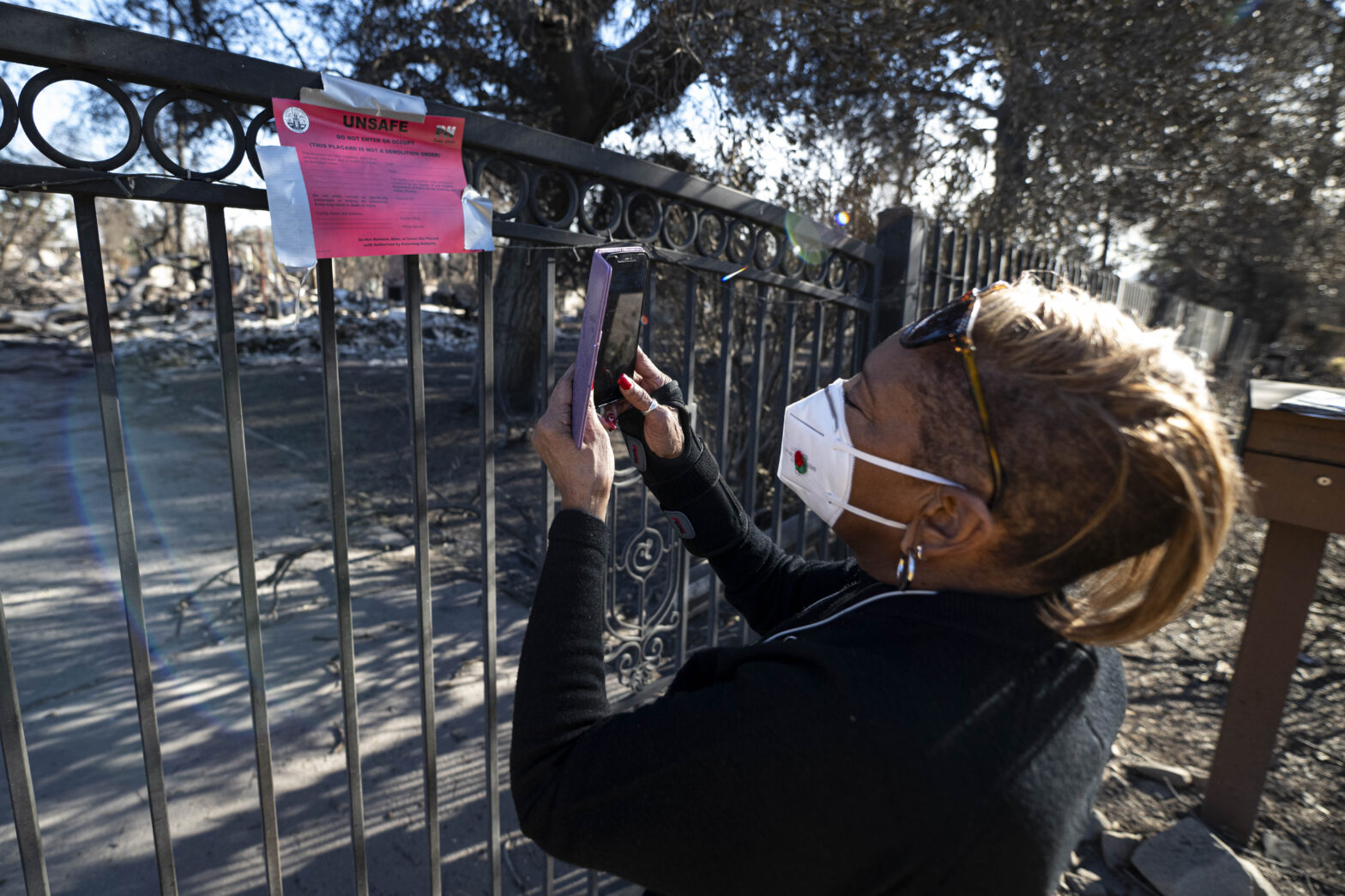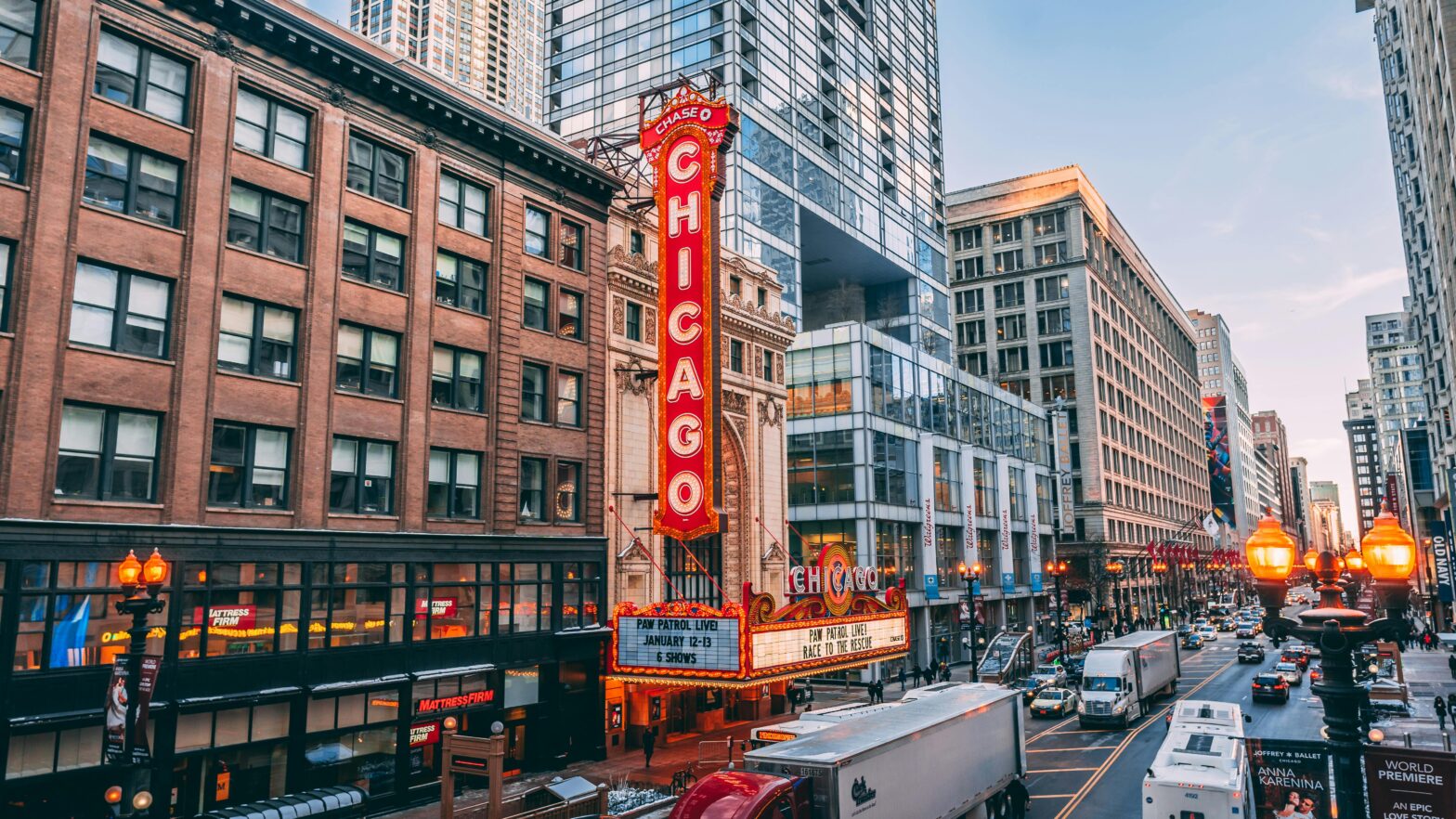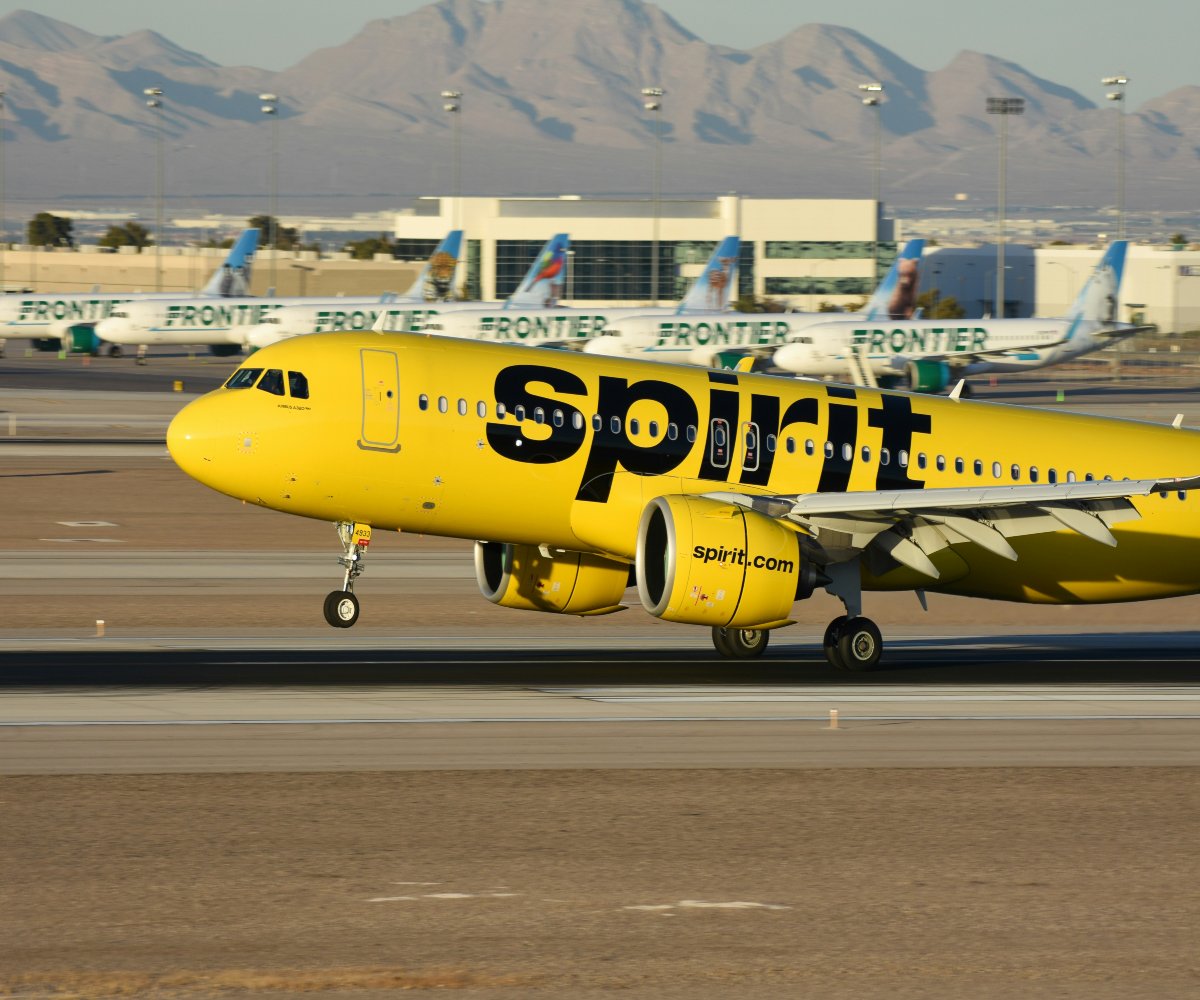The Eaton Canyon wildfire swept through Altadena, California, in January 2025. The result is a trail of destruction with a staggering impact on the town’s Black community. According to recent estimates by researchers at the University of California, Los Angeles (UCLA), nearly half of the Black households in Altadena were either destroyed or severely damaged by the blaze.
The fire claimed 17 lives and destroyed over 9,400 structures across Altadena and neighboring areas. It has had a disproportionate effect on Black residents. UCLA researchers found that 61% of Altadena’s Black households were located within the fire perimeter. 48% of these homes were either destroyed or majorly damaged. In comparison, 37% of non-Black households suffered similar levels of destruction.
The Extent Of The Damage
Dr. Melina Abdullah, co-founder of Black Lives Matter Los Angeles, emphasized the widespread impact. Abdullah told The Guardian, “There’s nobody I know in the area who wasn’t affected. Not everybody’s home burned down, but the number of people who were displaced is really everyone.”
Altadena has long been a center of Black homeownership in Los Angeles. It boasts a rich history of nurturing Black artists, activists, and writers. The town has been home to notable figures such as Sidney Poitier and Octavia Butler. The clustering of Black households in the affected West Altadena neighborhood is not coincidental but the result of historical racial discrimination.
Lorrie Frasure, director of UCLA’s Ralph J Bunche Center for African American Studies, explained, “The legacy of redlining resulted in a long-term concentration of Black residents to those parts of Altadena that were closest to the Eaton fire perimeter.”
Challenges In Altadena’s Recovery
The road to recovery for Altadena’s Black community faces several obstacles. 57% of Black homeowners in Altadena are over 65. This makes them potentially more vulnerable to insurance issues and financial scams during the rebuilding process.
Additionally, approximately 80% of Altadena’s homeowners, both Black and non-Black, are still paying off their mortgages, adding financial strain to the recovery efforts. The fires have also put at risk one of the primary means of building and passing down wealth in the Black community – homeownership.





